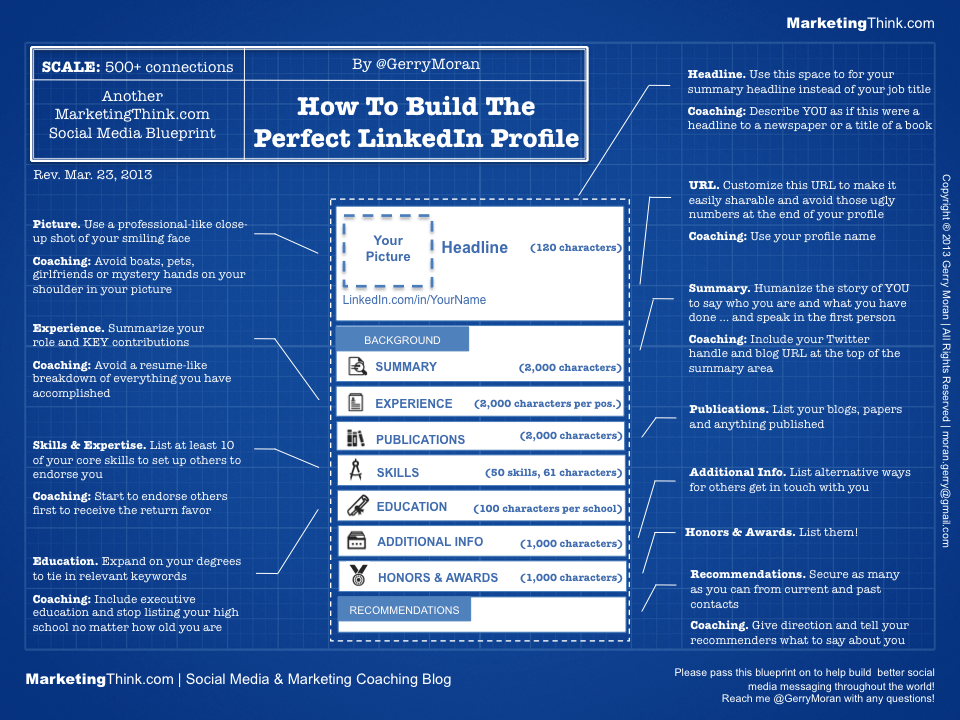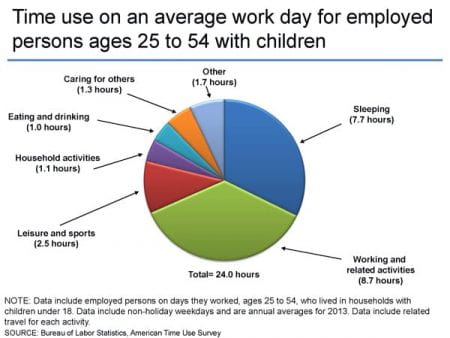by Justin Gurney – April 2015
Does this sound familiar?
“Great job Brandon! You made 150 calls today, those will be sure to turn into sales, so keep it up.”
“Ryan, wow you set 10 appointments this week leading the way.”
“Mark, you were on the phone for 200 minutes today, way to dig in with your prospects!”
Whether you are a sales manager or sales rep, it probably does. It’s how most sales managers in sports manage. In fact, I did this same thing and even copied my CMO and VP of Sales on this e-mail every day so they could chime in and reinforce the point.
How did my top reps respond to this?
- I had to write up the top performing rep in the entire company for faking calls and even fire a couple of talented ones.
- One of the most talented Inside Sales reps I ever had went to Enterprise Rent-A-Car rather than accepting a promotion to Group Sales.
- Rep burnout –
- What they say: “I want to manage one day.” What they mean: : “I want to manage so I don’t have to deal with these annoying Hustle Metrics.”
- What they say: “I want to ultimately get into marketing.” What they mean: “I can’t see myself doing this much longer.”
- What they don’t say: “I want to be a career sales person!”
Do you want to be a manager?
When I asked one of the top performing sales reps at Linkedin if she wants to manage one day she responded by saying…
“Absolutely NOT, who would want to deal with all that comes with managing when I can control my own paycheck, have total autonomy, and be challenged by working with different businesses every day.”
Note: This particular sales professional was recruited to Linkedin from a world of “pounding the phones” because she discovered how to use Social Selling to become more efficient.
My reaction? “WOW!”
In three years working in the NBA’s Team Marketing and Business Operations Department, meeting with hundreds of sellers at various levels, I don’t think I’ve heard one sales rep, at any level, say something like that to me.
I could site a number of different research projects that show that this kind of sales environment is BAD – regardless of the source–because we know sales rep tenure drives business growth and rep turnover costs a lot.
So how do we solve this?
There is one finding, above all, that I learned directly from a Linkedin study of 100,000 business professionals that inspired me to study and understand social selling:
[dropshadowbox align=”center” effect=”lifted-both” width=”550px” height=”” background_color=”#ffffff” border_width=”1″ border_color=”#dddddd” ]Sales professionals with a high “Social Selling Index” feel more inspired at work.[/dropshadowbox]
So, what are Linkedin managers doing differently to attract top performing sales reps that are grinding out hundreds of calls/day and turning them into inspired sales professionals?
My co-workers at TMBO and I recently took a field trip to the Linkedin office at the Empire State Building for a “Managing in a Social Selling World” training session. Here are the 5 keys to success for managers:
1. Become The Expert
Social selling is here to stay and sales managers have to master it in order to manage it. This will take time, effort, energy and intellectual curiosity. I’ve been studying this now for over a year and I learn something new every day. If we aren’t willing to to take the time to master this than #2-#5 aren’t possible.
2. Train, Train, Train
Did you know that sales reps forget 87% of sales training after a month and 70% of it within a week?[ref]Download the report from Qvidian [/ref] Once we become the expert, we must reinforce how to weave social selling into the sales process. Don’t flip a switch or pile more work on top of the 100 call minimum. Share success stories on how to build a proper profile, how to use Advanced Search, how to ask for a warm introduction or referral, how to write a proper connection request or inMail, and how to maximize groups.
3. Practice What We Preach
Be active on Linkedin. Connect with your reps’ top clients. Post sharable content. Do everything top performing reps are doing. Pull up profiles in your one-on-ones. Coach your reps on how they can use Linkedin to find a warm introduction or engage with insights. This is way better in one-on-ones than reinforcing that reps are not making enough calls.
4. Use Social Selling Index as a Primary Measurement tool
Click Here to Understand the New Formula For Calculating Social Selling Index. Caution for control freaks out there, you are going to have to learn to let go – but your reps will be more inspired and love the autonomy.
5. Reverse Pipeline Management
Rather than focusing on how many calls are made or appointments are set, first focus on sales! Sales reps gravitate to what we measure and recognize. If we continue rewarding quantity in the first stage of the sales pipeline, regardless of quality, we will continue to have high rep burnout and fake phone calls.
On the flip side, recognizing and rewarding sales performance along the pipeline, regardless of whether it was through e-mail, text, in-mail, networking events, in arena activity, etc. will lead to more inspired sales professionals. In fact, you may want to remove the term “Hustle Metrics” altogether.







